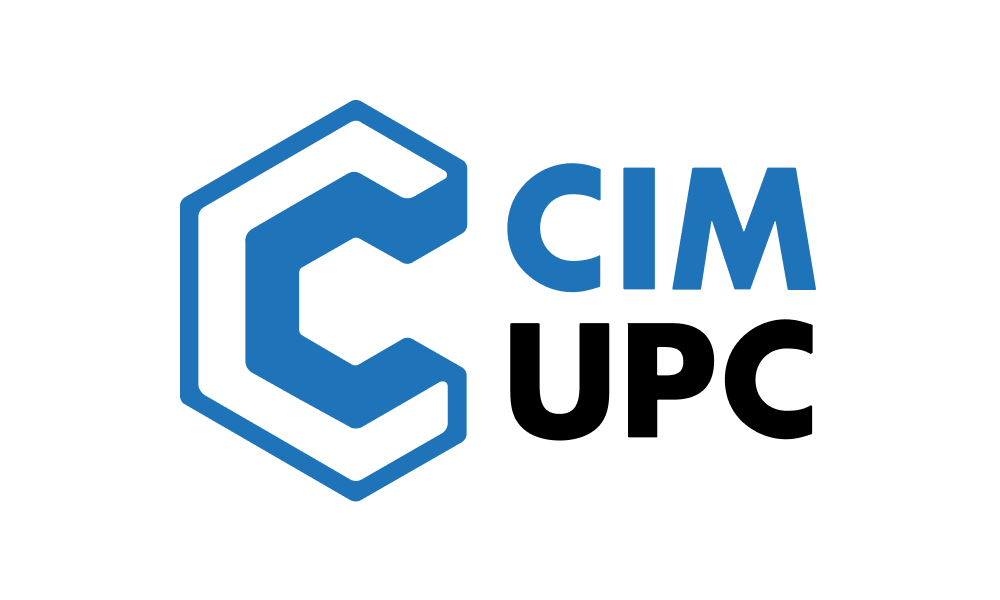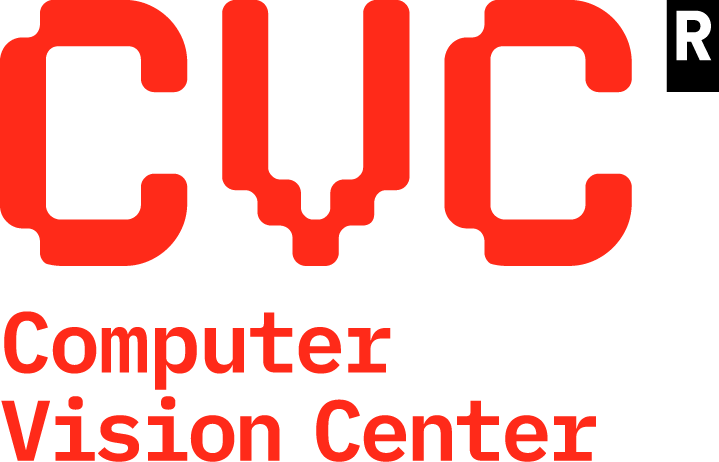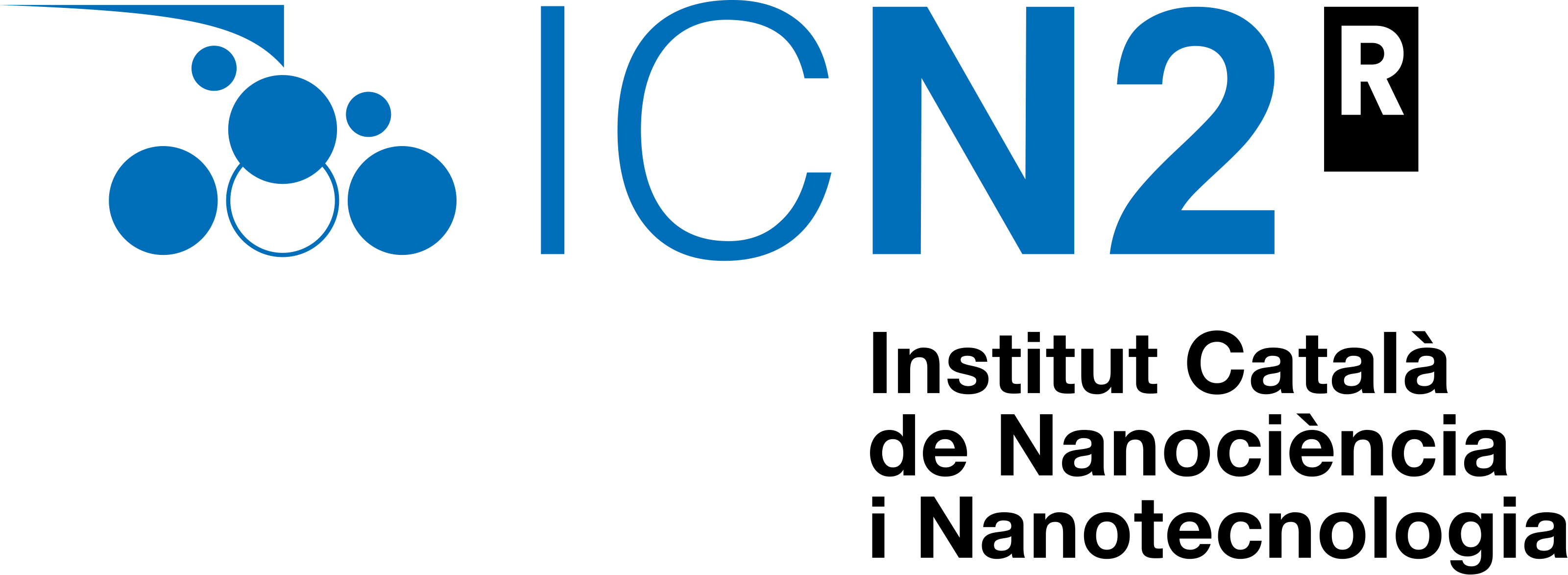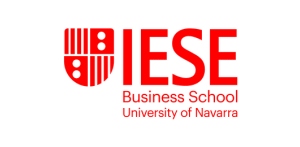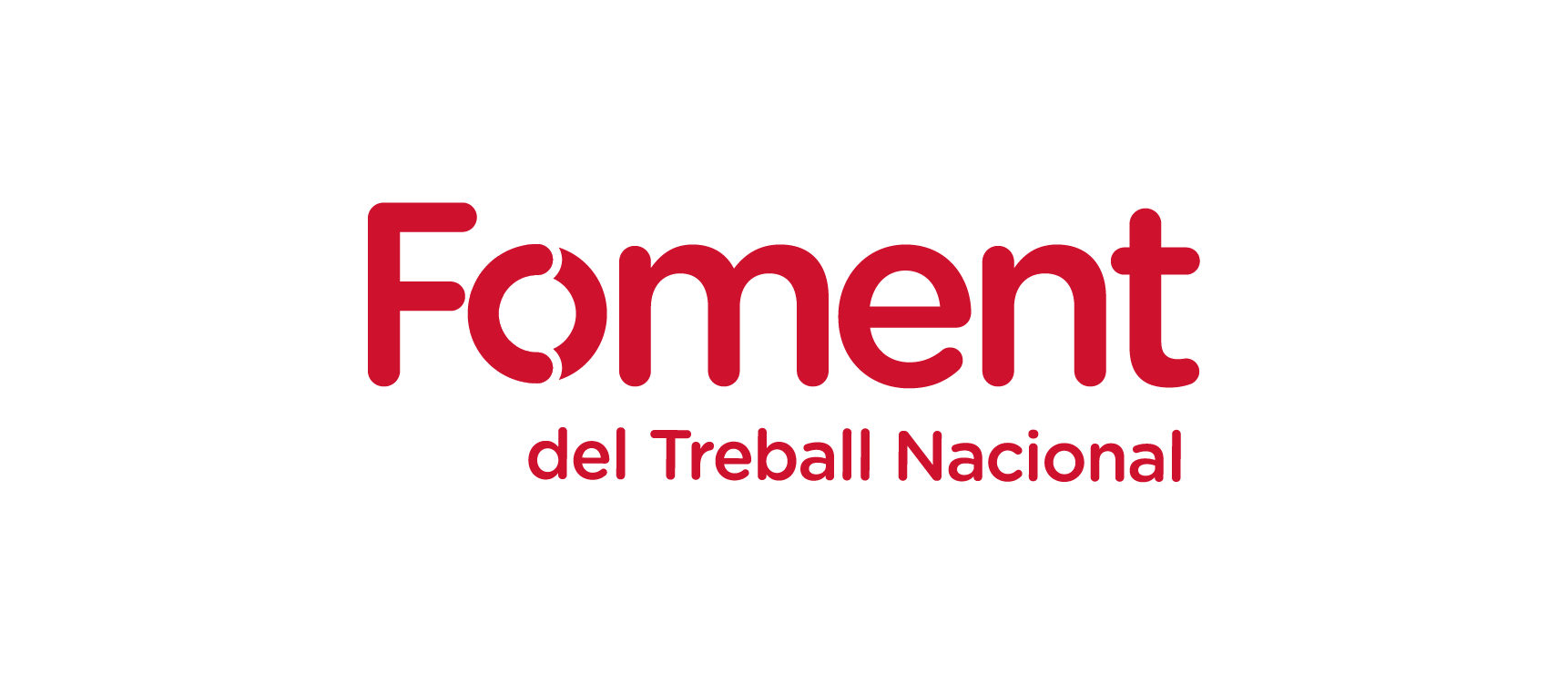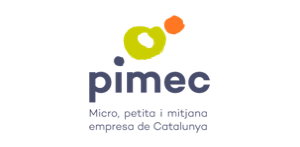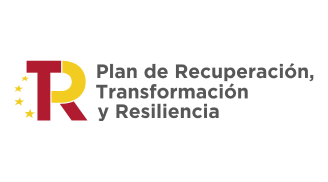Spectroscopy applications in the oil value chain
- Photonic
- Tuesday, 26 September 2023 At 10.00 a.m.
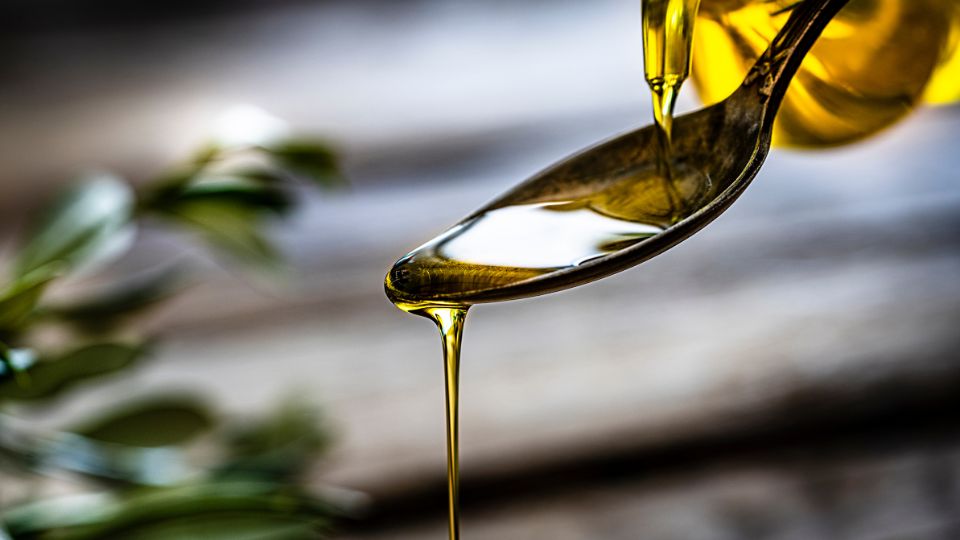
During this informative session, AOTECH experts will present a series of proofs of concept on the applications of spectroscopy in the oil value chain.
One of the outstanding applications is the detection of phytosanitary products in olives. Through spectroscopic analysis, it is possible to identify the presence of pesticide residues in olives used for oil production. This is essential to ensure the quality and food safety of olive oil products.
Another important application is the determination of the percentage of virgin olive oil in olive oil. Spectroscopy allows a quick and accurate assessment of the chemical composition of oils, differentiating the degree of purity and the quality of the product.
The detection of cross-contamination is also crucial in the oil industry. In this session, we will show you how spectroscopy can identify traces of other types of oils in packaged oil samples. In addition, you will discover how spectroscopy can perform accurate sensory characterisation of oil.
Learn how spectroscopy is used to determine the concentration of oil in oil-based products such as mayonnaise. This technique offers an efficient and non-destructive method to measure the amount of oil present in such products, ensuring compliance with applicable specifications and regulations.
Don’t miss the opportunity to learn about the applications of spectroscopy in the oil value chain and discover from AOTECH how this technology can offer new perspectives and possibilities in the oil industry.
Objectiu de l'acte
Learn how spectroscopy is used to determine the concentration of oil in oil-based products such as mayonnaise. This technique offers an efficient and non-destructive method to measure the amount of oil present in such products, ensuring compliance with applicable specifications and regulations.





